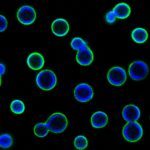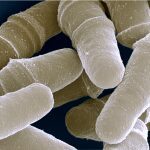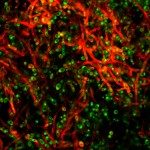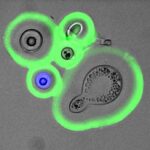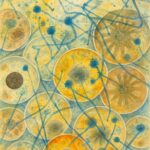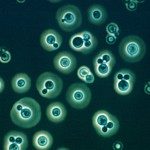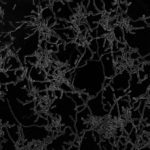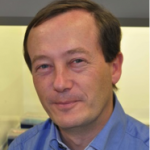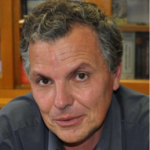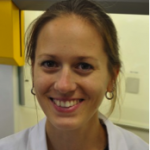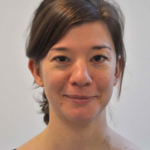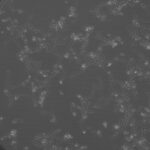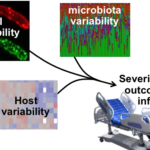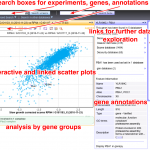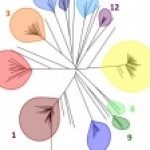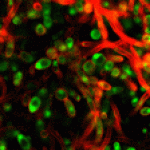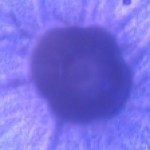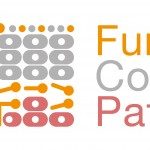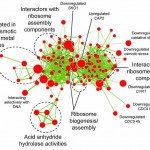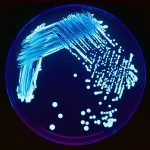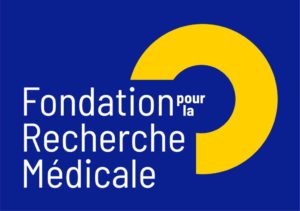The Fungal Biology and Pathogenicity Unit at Institut Pasteur studies the yeasts that are responsible for infections in Humans. In the recent years, fungal infections have become a prominent problem. This in part reflects the increase in immunocompromized individuals (HIV infected individuals, transplant recipients, patients in intensive care units) as well as increased life expectancy. In developed countries, fungal infections are considered as one of the primary causes of nosocomial infections. Hemiascomycetous yeasts of the genus Candida, and most notably Candida albicans, are responsible for most of the life-threatening systemic fungal infections, especially among intensive-care unit (ICU) patients, cancer patients receiving chemotherapy and patients awaiting transplantation. Life-threatening infections due to Candida species are estimated at > 400,000 cases and ~200,000 deaths per year and represent a real concern because of their high mortality rate, despite the availability of antifungal treatments and other therapeutic approaches. The main aims of the Fungal Biology and Pathogenicity Unit are to study the biology of C. albicans and other Candida species, the pathophysiology of infections due to these opportunistic pathogens and their epidemiology, with a view to providing solutions for the management of fungal infections. Research within our Unit is therefore focused on four main themes:
- Candida albicans genomic diversity and its underlying mechanisms
- Candida albicans colonization of abiotic and biotic surfaces
- Regulation of Candida albicans morphogenesis
Research on these themes relies on functional genomics tools, some of which are developed within our Unit. We, together with the Munro group at the University of Aberdeen, have developed the C. albicans ORFeome, a plasmid collection for >5200 C. albicans ORFs and are proceeding towards the establishment of collections of barcoded overexpression plasmids and strains. Our Unit forms part of the Mycology Department at Institut Pasteur. We are also affiliated with the department of Genomes and Genetics at Institut Pasteur, and with the Microbiology and the Food Chain Department at the National Institute for Agronomic Research (USC 2019).

